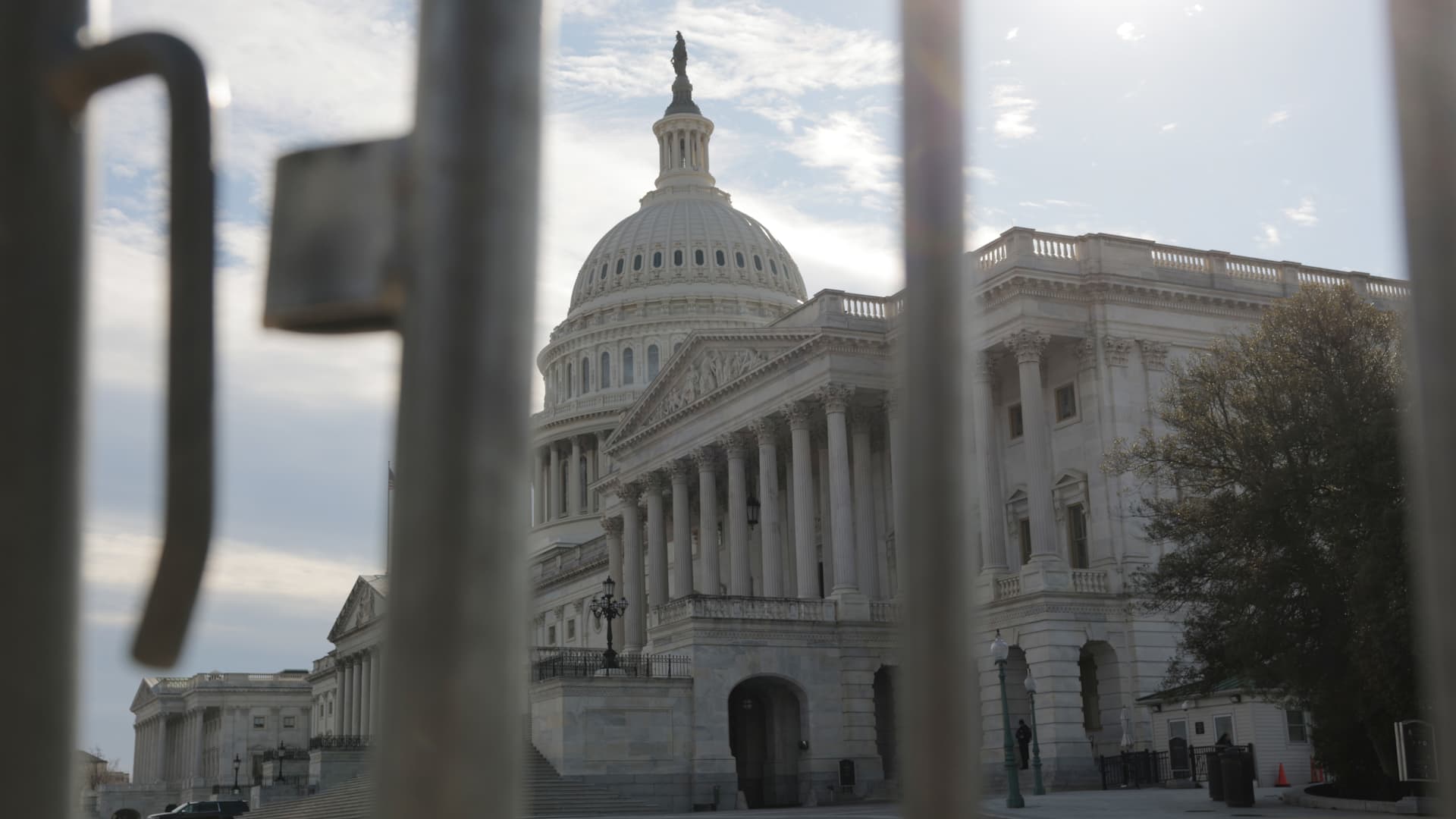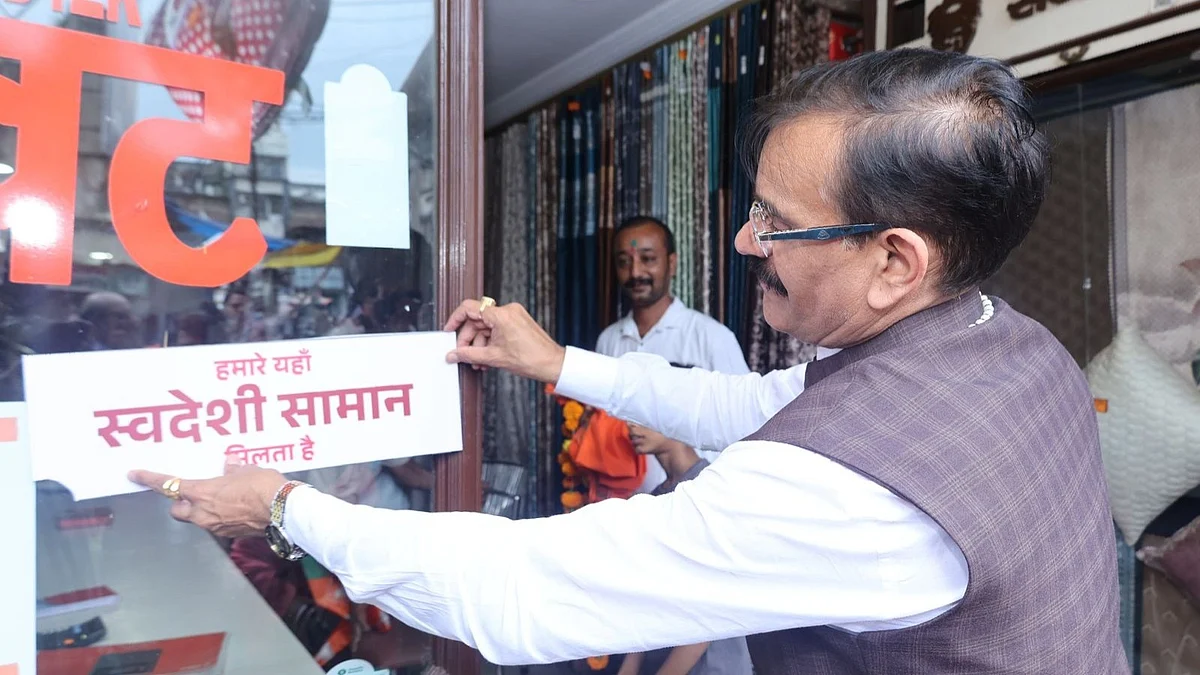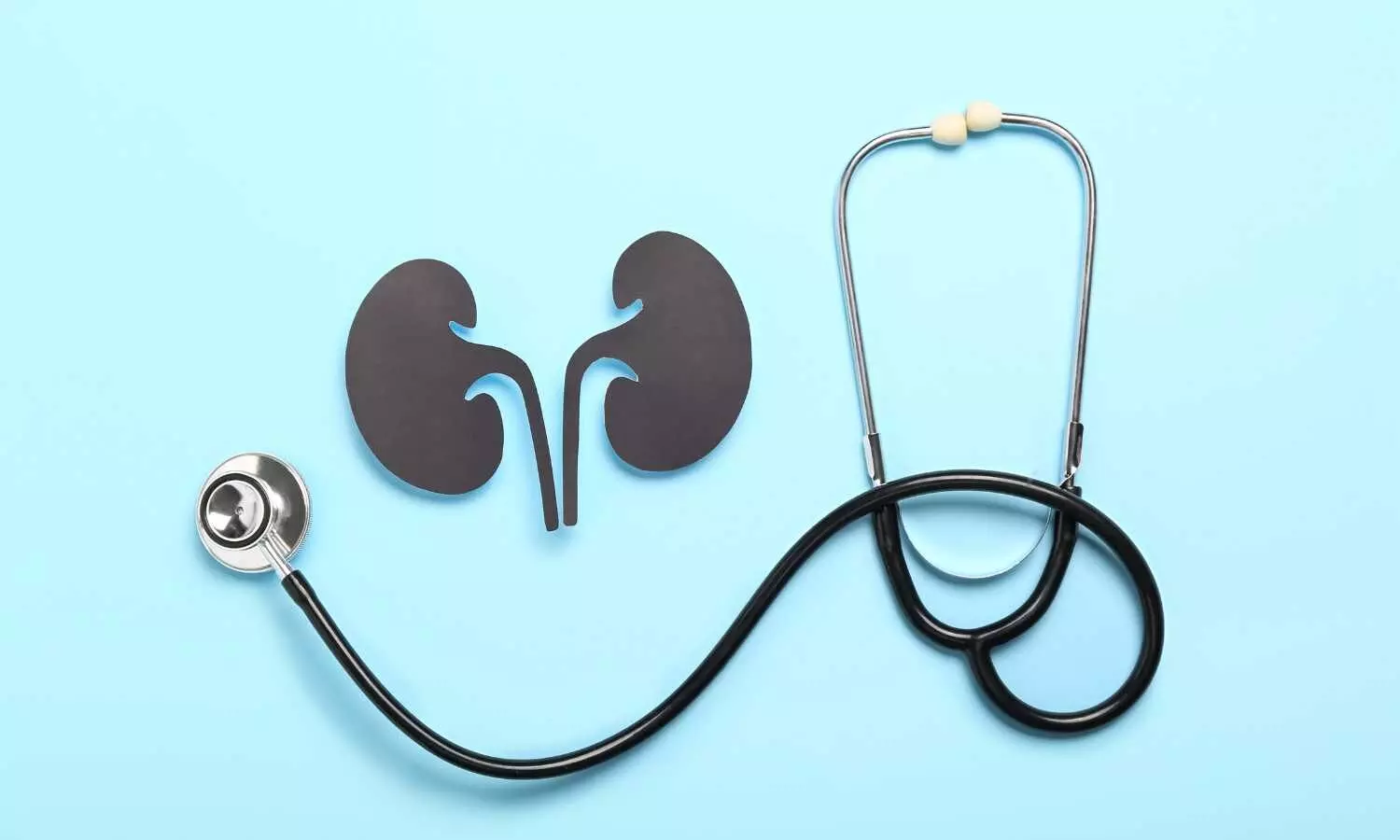By News18,Swati Chaturvedi
Copyright news18

Heart attacks are no longer always dramatic, movie-style events. In India, doctors are increasingly seeing patients, sometimes in their 30s, who arrive at the hospital after dismissing days of seemingly minor discomforts as acidity, muscle strain, or fatigue. These so-called “silent” heart attacks are particularly dangerous because the damage to the heart may already be significant by the time the patient recognizes the problem.
Dr. J. S. Hiremath, Consultant Interventional Cardiology at Ruby Hall Clinic, Pune, explains, “Increasingly, we are finding that heart attacks in India don’t present the way most people expect. Lifestyle factors like smoking, long work hours, erratic eating patterns, and stress are making this problem worse. Indians are genetically more predisposed to heart disease, but what makes the current situation alarming is that it is no longer confined to the elderly. The hidden nature of these warning signs is what makes them so lethal.”
Referred Pain: When Heart Issues Masquerade as Digestive or Muscular Problems
One of the reasons silent heart attacks are so deceptive is the way cardiac pain can be misinterpreted by the body. Dr. Hariom Tyagi, Director of the Cardiology Department at Lokpriya Hospital, Meerut, highlights this issue, “One of the most overlooked aspects of heart attacks is that the pain is not always felt in the chest. The heart, stomach, and back muscles share overlapping nerve pathways, which means cardiac pain can often be ‘referred’ elsewhere. Some patients experience it as persistent acidity, discomfort in the upper abdomen, or nagging back and shoulder pain. The challenge is that people rarely link these symptoms to their heart. They may take antacids, massage their back, or wait it out, assuming it will pass. In reality, these could be the earliest red flags of a heart attack.”
He adds, “The connection becomes clearer when these complaints are paired with sweating, dizziness, or unusual breathlessness. At that point, it’s crucial to seek medical help immediately. Recognizing that what seems like a stomach or muscular issue could actually be cardiac in origin is truly lifesaving.”
Lifestyle Factors and the Rise of Silent Heart Attacks
Urban living, combined with sedentary habits and poor dietary choices, is quietly reshaping cardiac health. Dr. Chandra Bhanu Chandan, Interventional Cardiologist at IGIMS Hospital, Patna, elaborates, “A sedentary lifestyle, poor diet, smoking, and even pollution are contributing to subtle changes in heart health. Unlike the classic heart attack we see in movies, many events today begin with seemingly routine issues like acidity, fatigue, or backache. Because these complaints feel ordinary, people often dismiss them, which is why silent heart attacks are becoming more common. What worries me most is that these problems are now appearing in much younger age groups compared to the West.”
Dr. Chandan emphasizes prevention as the key, “We cannot change our genetics, but we can control our habits. Thirty minutes of daily activity, balanced meals, avoiding tobacco or drugs, and routine health screenings go a long way in reducing risk.”
Most importantly, people should treat unexplained symptoms with respect rather than neglect. Small preventive steps today can stop those ordinary aches and digestive troubles from turning into a life-threatening cardiac event tomorrow.



